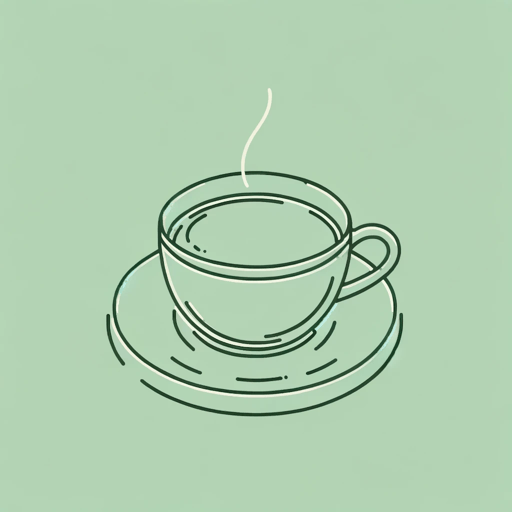71 pages • 2 hours read
Kathryn StockettThe Help
Fiction | Novel | Adult | Published in 2009A modern alternative to SparkNotes and CliffsNotes, SuperSummary offers high-quality Study Guides with detailed chapter summaries and analysis of major themes, characters, and more.
Important Quotes
“But it weren’t too long before I seen something in me had changed. A bitter seed was planted inside a me. And I just didn’t feel so accepting anymore.”
(Chapter 1, Page 3)
When Aibileen returns to work a few months after Treelore’s death, she recognizes that she has changed. The grief, anger, and injustice she feels after her son dies contributes to her willingness to eventually partner with Skeeter to write the book of maid interviews. Stockett shows how Aibileen gradually arrives at the point of being willing to risk her livelihood and life to simply tell the truth.
“Got to be the worst place in the world, inside a oven. You in here, you either cleaning or you getting cooked. Tonight I just know I’m on have that dream I’m stuck inside and the gas gets turned on. But I keep my head in that awful place cause I’d rather be anywhere sides answering Miss Leefolt’s questions about what Miss Skeeter was trying to say to me. Asking do I want to change things.”
(Chapter 1, Page 11)
This quote exemplifies the humor Stockett infuses into the narrative alongside heavy topics. Aibileen’s oven-cleaning observations are comical, yet they’re balanced by her earnest avoidance of Elizabeth. Furthermore, Stockett shows that Skeeter’s question, however ignorant, has planted a seed of curiosity in Aibileen that she cannot shake. This question about changing things simmers inside of Aibileen and eventually leads her to bravely step forward and help Skeeter with the book.
“So Jackson’s just one white neighborhood after the next and more springing up down the road. But the colored part a town, we one big anthill, surrounded by state land that ain’t for sale. As our numbers get bigger, we can’t spread out. Our part of town just gets thicker.”
(Chapter 2, Page 12)
Aibileen’s explanation of the physical separation that exists between white and Black neighborhoods represents the social separation between them. The white community has unlimited space, while the Black community is confined to one part of town despite population growth. This coincides with Stockett’s motif of contrasting the white community with the Black community, showing the privilege of the former against the disadvantage of the latter, for no other reason than their respective skin colors.

